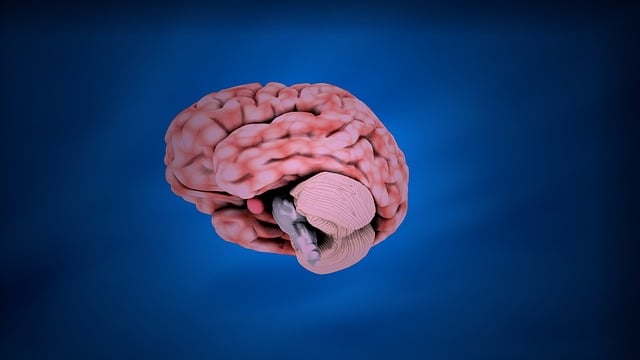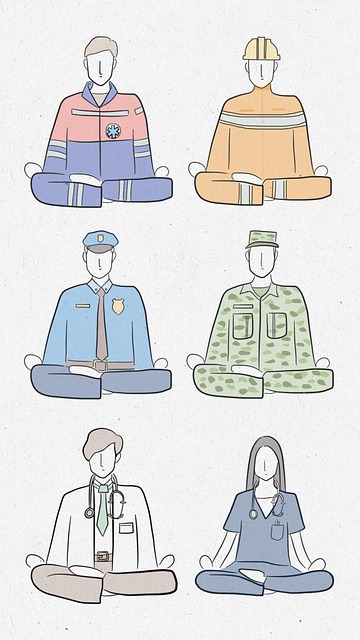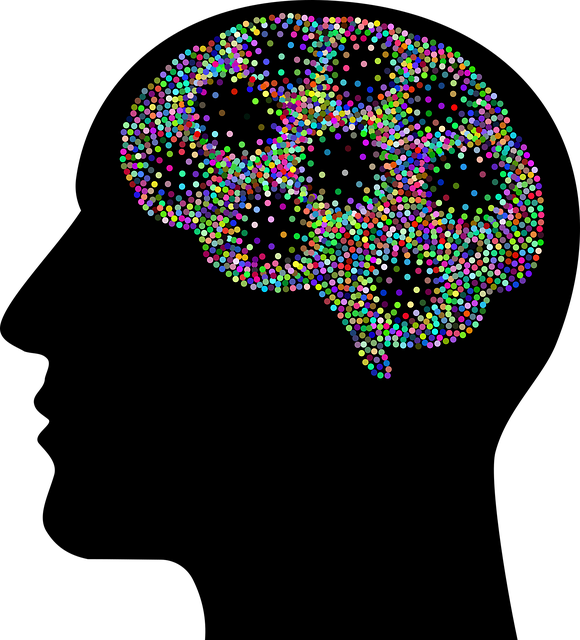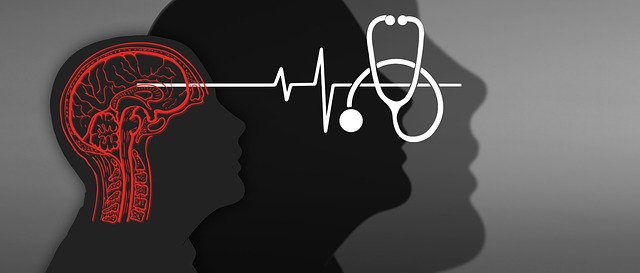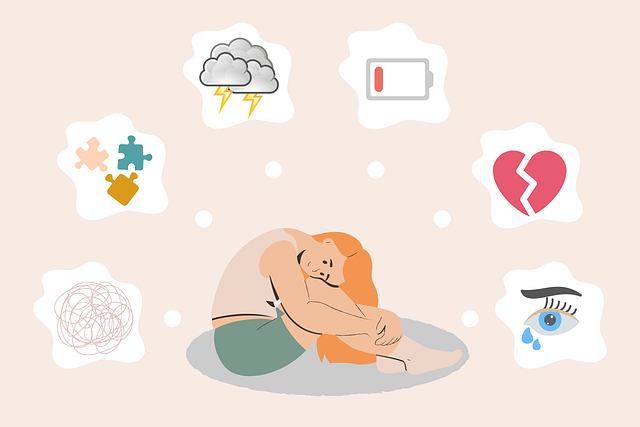RFM (Resilience, Freedom, Mastery) therapy empowers adolescent teens recovering from child abuse by building resilience, breaking abusive patterns, and promoting emotional healing. Exercises like narrative writing, group therapy, mindfulness practices, and community outreach create safe spaces for processing trauma, improving self-esteem, fostering social connections, and developing healthy coping mechanisms. This holistic approach is crucial for mental health professionals in risk assessment and recovery, enabling teens to navigate challenges and enhance overall well-being.
Resilience is a vital asset for adolescents navigating challenging life experiences, particularly those recovering from child abuse. This article explores the power of RFM (Resource, Fortitude, and Mastery) as a framework for building resilience in teen survivors. We delve into the profound impact of understanding their unique circumstances and offering tailored support. Through examining the connection between resilience training and child abuse recovery, we present effective exercises to empower teenagers while promoting holistic healing and growth in therapy for adolescent teens.
- Understanding RFM and Its Impact on Adolescent Teens
- The Connection Between Resilience Building and Child Abuse Recovery
- Effective Exercises to Foster Resilience in Teenagers
- Supporting Adolescents: A Holistic Approach to Healing and Growth
Understanding RFM and Its Impact on Adolescent Teens

Understanding RFM (Resilience, Freedom, and Mastery) and its impact on adolescent teens is crucial in today’s world where mental health awareness has become a paramount concern. This innovative approach to therapy targets the specific needs of teenagers who have experienced trauma, often stemming from child abuse. By focusing on these three key areas, RFM empowers young individuals to develop resilience, break free from limiting beliefs and behaviors associated with abuse, and regain a sense of control over their lives.
In the context of risk assessment for mental health professionals, recognizing an adolescent’s ability to build resilience is essential. RFM exercises facilitate emotional healing processes by encouraging teens to confront and process past traumas while cultivating positive coping mechanisms. This proactive approach can significantly contribute to improved mental well-being, allowing them to navigate life’s challenges more effectively.
The Connection Between Resilience Building and Child Abuse Recovery

Resilience building exercises are a crucial component in supporting individuals who have experienced child abuse. The impact of trauma can significantly affect a child’s ability to cope with stress, regulate emotions, and form healthy relationships later in life. Through targeted therapy for adolescent teens experiencing child abuse, professionals can help victims develop essential coping mechanisms. This process involves fostering self-esteem improvement and teaching conflict resolution techniques, which are vital tools in navigating challenging situations.
In addition to individual therapy, group settings like stress management workshops organized by support organizations can be transformative. These environments encourage peer connections, promote the exchange of healthy coping strategies, and provide a sense of belonging—all of which contribute to resilience building. By participating in such activities, adolescents can learn valuable skills for managing trauma-related symptoms, enhancing their overall well-being, and improving their capacity to recover from abuse experiences.
Effective Exercises to Foster Resilience in Teenagers

Resilience building exercises tailored for teenagers play a pivotal role in their emotional healing processes and mental wellness. Adolescence is a crucial period marked by heightened vulnerability, especially for those who have experienced child abuse. Effective therapy for adolescent teens must address this need for resilience to help them navigate life’s challenges with greater fortitude.
One powerful exercise is narrative writing, where teens are encouraged to express their experiences through stories. This process facilitates self-esteem improvement by allowing them to reclaim their narratives and reframe traumatic events. Additionally, group therapy sessions focused on sharing personal stories can foster a supportive community, enhancing social connections and emotional support networks that are vital for resilience. Other beneficial activities include mindfulness practices like meditation and yoga, which teach teens to regulate emotions and cultivate inner calm, ultimately bolstering their ability to cope with stress and adversity.
Supporting Adolescents: A Holistic Approach to Healing and Growth

Supporting adolescents through therapy is a holistic approach to healing and growth that considers both their emotional and psychological well-being. Many teenage boys and girls have experienced trauma, such as child abuse, which can significantly impact their mental health and daily functioning. Effective interventions aim to create safe spaces where teens feel understood and empowered to process these experiences. By integrating evidence-based practices tailored to their unique needs, therapists can help adolescents cultivate resilience, develop healthy coping mechanisms, and foster a positive sense of self.
This holistic approach goes beyond addressing symptoms of trauma or mental health disorders. It encourages the development of positive thinking patterns, emotional regulation skills, and strong interpersonal connections. Community outreach program implementations have proven to be beneficial in fostering these aspects by providing support systems outside of traditional therapy settings. Through these initiatives, adolescents can access resources that promote anxiety relief and build resilience, ultimately helping them navigate challenges with greater ease and confidence.
Resilience is a powerful tool for healing, especially for adolescent teens who have experienced child abuse. By understanding the RFM (Resource, Fatigue, and Mastery) model and its impact on youth development, we can create supportive environments that foster resilience. The connection between resilience-building exercises and recovery is evident, offering a holistic approach to therapy for adolescent teens. Through effective practices, such as cognitive reframing, mindfulness training, and positive affirmation, teens can develop the skills needed to navigate challenges and thrive. By implementing these strategies, we support not just their survival but also their growth and well-being in the face of adversity.
